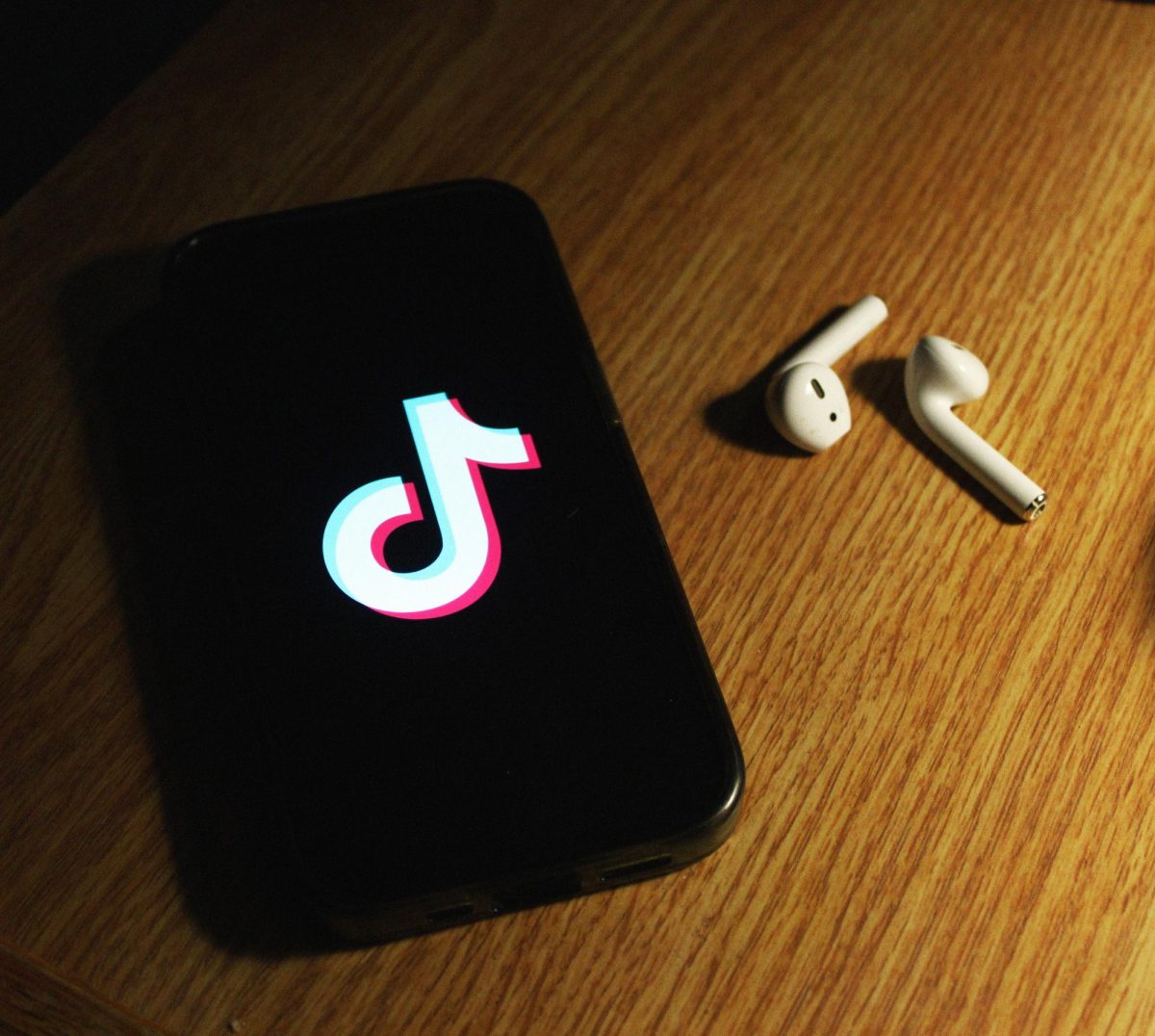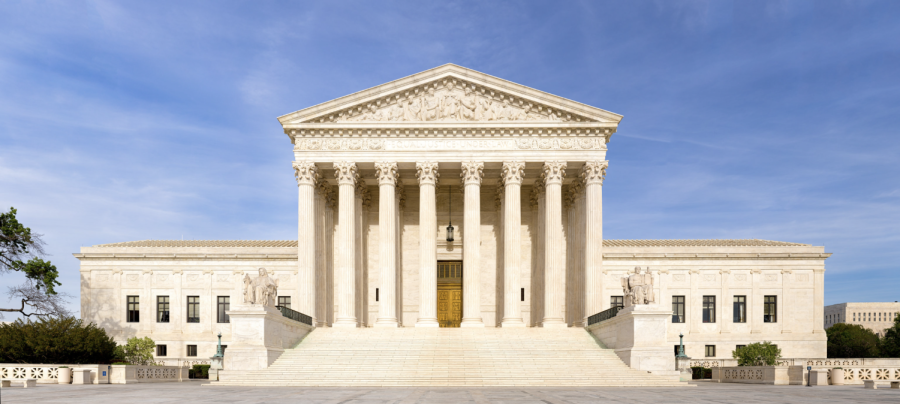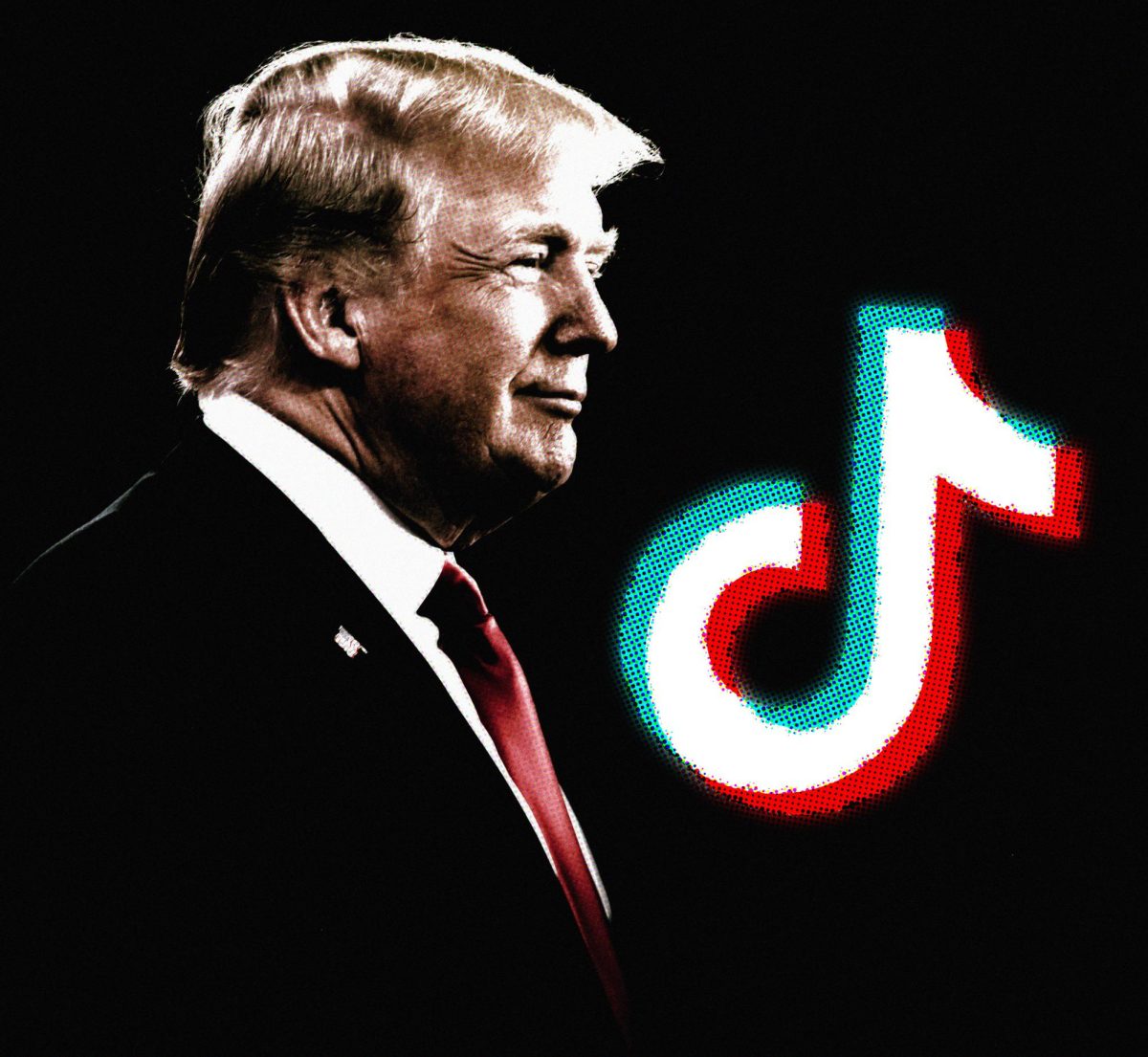With each passing day, the clock ticks closer towards a nationwide ban on popular app TikTok if it is not sold before Jan. 19.
Many users, including myself, were taken aback by the privacy allegations against ByteDance, TikTok’s parent company based in China. The situation has shaken the TikTok community and the broader social media landscape, leaving many to wonder how the platform will regain public trust.
If TikTok is proven to be a threat, banning the app would be necessary to ensure users’ safety and security. However, the nature of this threat is obscure, with little to no definitive evidence presented.
In April 2024, Congress gave ByteDance nine months to relocate U.S. data to domestic servers and restrict China’s access over security concerns.
Despite TikTok’s U.S. branch operating independently from ByteDance, concerns about its data links to China persist. Both ByteDance and TikTok deny any government ties, but the allegations raise free speech concerns. Banning TikTok could infringe on freedom of expression, as it limits users to create and share content.
Many argue that the government is targeting TikTok without probable evidence. These claims set dangerous precedents for potential government overarch in regulating social media platforms.
However, if there is credible evidence that TikTok poses as a legitimate threat, then I believe that safeguarding national security should take priority over free speech concerns. During this affair, it is essential for the government to be transparent with communication and stick with verifiable facts to ensure public trust. Unfortunately, their lack of transparency so far has stimulated public skepticism and criticism of this decision.
Cases will be presented to the U.S. government on Jan. 10 regarding constitutional implications of the law.
Despite political controversy surrounding TikTok, soon-to-be-inaugurated President Donald Trump has become a notable presence on the app. Surprisingly, Trump’s media engagement and viewership has surpassed many popular figures and could potentially offer a lifeline for the dying app. Donald Trump requested the Supreme Court pause the potential ban to allow his team for work on a political resolution, raising controversy on his political influence in the courts process.
If the ban proceeds, new users would be unable to download the app and existing users would lose updates, making TikTok nearly unusable. This social media buffer has already caused significant disruption within the TikTok community, particularly for younger users who depend on the app for news and trends.
Trump’s efforts to delay the ban may not only aim to protect the app but also address concerns about users‘ wellbeing, public perception and potential fallout of US government.
In conclusion, the debate over protection and free speech significantly impacts users. As the legal battle unfolds, law makers must prioritize national security if there is credible evidence that TikTok poses a risk.
While public perception is important, the government must act decisively to protect the nation from potential international threats. While it has been made aware personal and geographic information may have been retained, the full extent of the risk remans unclear. While freedom of expression is crucial, national security should not be compromised if there is a legitimate threat to our country.
This story was written by Katie Mancini. She can be reached at katherine.mancini@marquette.edu








